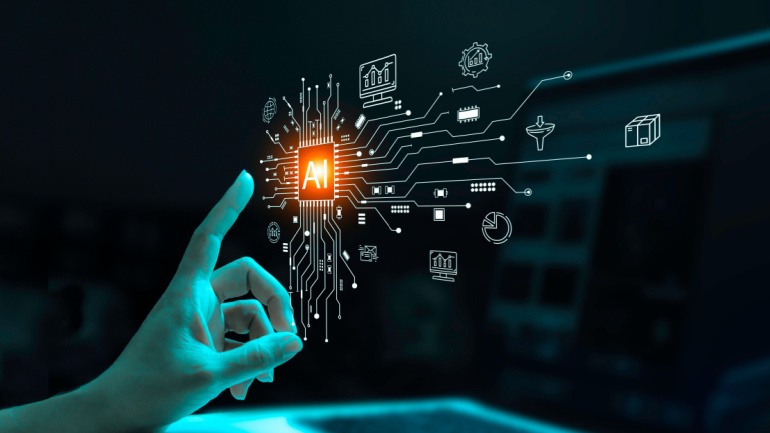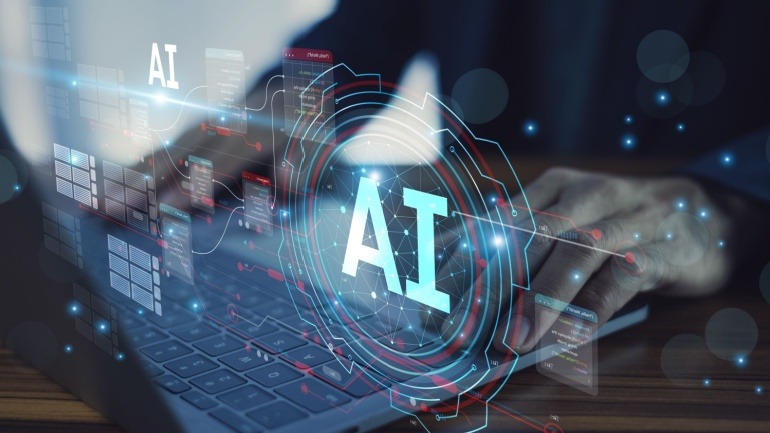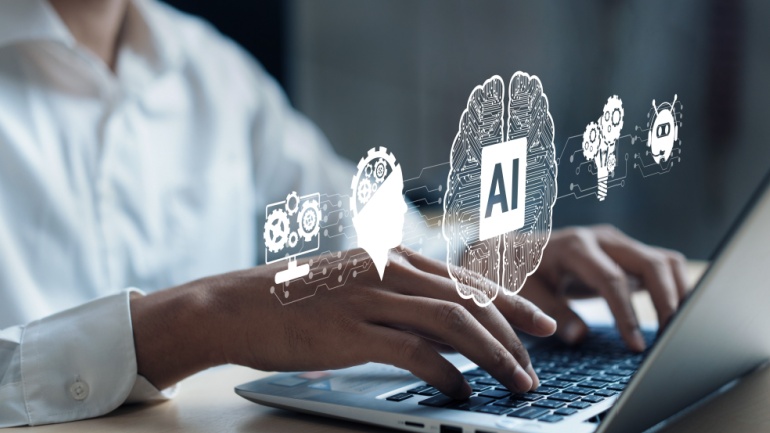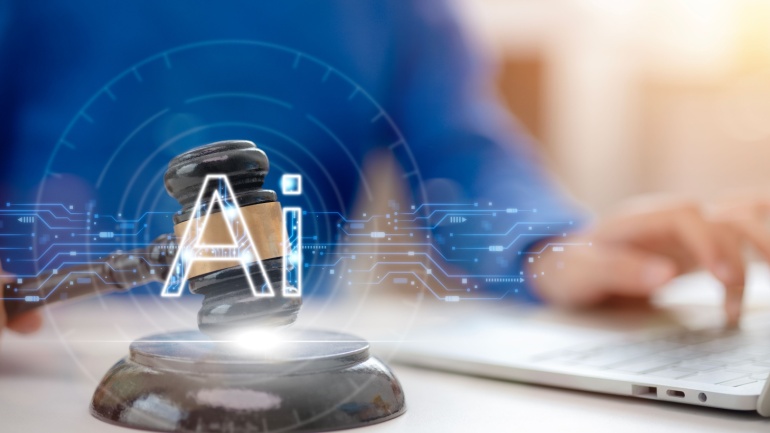In a groundbreaking shift, artificial intelligence (AI) is revolutionizing material discovery, unlocking new possibilities in renewable energy, semiconductors, and pharmaceuticals. GlobalData, a prominent data and analytics firm, asserts that AI is spearheading a transformative era in research and development, dismantling traditional barriers and fueling unprecedented advancements in material science.
Samsung enters the mobile AI game with Galaxy AI, its latest invention aimed to revolutionize smartphone experiences. Powered by Samsung-developed on-device AI and a cloud-based system, it incorporates remarkable features like real-time audio and text translation during phone calls. Alongside this, Samsung excites with Samsung Gauss, dedicated to streamlining diverse tasks from coding assistance to content translation – a move promising profound impacts on our technology interactions.
Singtel unveils RE:AI via its Paragon platform, reflecting its commitment to democratizing artificial intelligence. This AI Cloud service, designed for enterprises and public sectors, eliminates hefty infrastructure costs and complexities. By simplifying AI deployment, Singtel enhances operational efficiencies and AI innovation.
BT’s Enhanced Call Protect service has revolutionized phone scam prevention on their Digital Voice platform. Leveraging hi-tech software and artificial intelligence, BT has blocked 2.4 million scam calls since May 2024. Collaborating with Hiya, the service employs machine learning to enhance scam detection, ensuring customers remain secure from vishing threats.
Chinese telecommunications giant ZTE Corporation has partnered with Indonesian mobile operator Smartfren to deploy AI-based Radio Access Network (RAN) computing. Integrating artificial intelligence into RAN systems optimizes resource allocation in real-time, leading to a 15% boost in user experience and a 5% increase in network traffic.
Telecom industry enthusiasts should stay updated on the latest trends and regulations, such as the groundbreaking Framework Convention on Artificial Intelligence. This AI treaty, designed by the Council of Europe, aims to align AI technologies with human rights and democracy while fostering innovation.
South Korean telecommunications leader SKT is enhancing its position in artificial intelligence with a $200 million investment in Smart Global Holdings. By acquiring a significant stake, SKT strengthens its AI infrastructure capabilities. This strategic move underscores SKT’s commitment to evolving as a global AI powerhouse, integrated with cutting-edge Nvidia GPU technology.
The new Artificial Intelligence (AI) Act in the European Union heralds a comprehensive regulatory framework for AI development and usage, with major provisions taking effect by August 2024. Central to VoIP technology, the Act categorizes AI systems by risk levels, implementing stringent regulations for high-risk categories, ensuring security and transparency in AI-driven communications.
Swisscom, known for its seamless integration of Swiss precision and innovation, has taken a leap into the realm of artificial intelligence with the launch of its Swiss AI Platform. This modular platform promises to be a one-stop solution for all AI needs, blending the renowned reliability of Swiss infrastructure with cutting-edge technology from Nvidia.
A recent survey conducted by Ericsson sheds light on consumers’ perceptions and expectations regarding the role of artificial intelligence (AI) in their lives over the next decade. The survey, based on responses from 6,500 early adopters across 13 global cities, identifies ten key AI trends anticipated for the 2030s.













